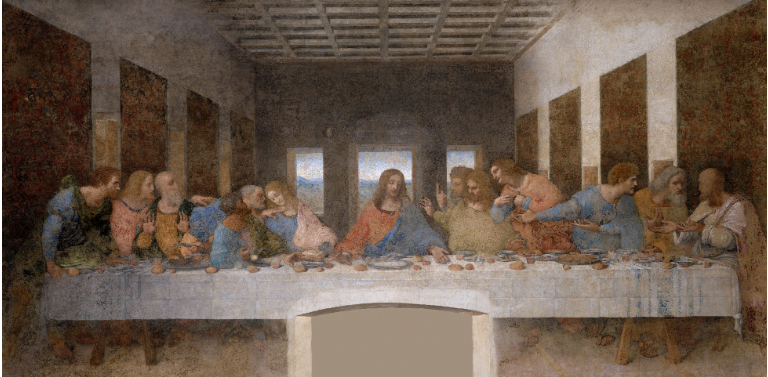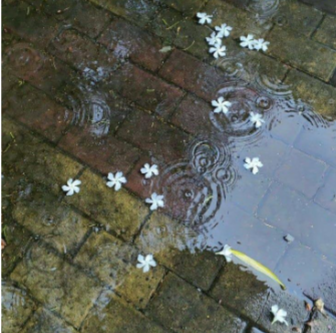Review: A Tale of Magic by Cailey Tarriane
- Breanna Crossman
- Feb 26, 2023
- 3 min read
The fantasy trilogy that would’ve made it big in the YA genre if it was marketed for it.

(Image by Cailey Tin)
This trilogy was a huge slay, which I hadn’t seen coming as much as Brystal saw her father disowning her. Just kidding. I knew I was going to from the very beginning (and deep down she did too.) Besides, any novel by Chris Colfer is worth reading over seven times. No exaggeration detected.
The only “drawback” or something I’d wish was changed was the way Brystal talked. In a full-on paragraph. She struggles with her own identity, which is relatable, along with the difficulties of not discovering her immediate “specialty” unlike her friends, but PERSONALLY, her specialty is writing ESSAYS in her day-to-day communication with her friends and coming up with MOTIVATIONAL SPEECHES on the spot.
My elective teacher would give her a 100 and Brystal would be the only one.
Her unrealistic, goody-two-shoes dialogue sounded like some stereotypical fairy godmother. Well, technically, she *spoiler alert* is a fairy godmother.
Still, this character faced oppression during a time when she wasn’t aware that in the future, her actions for wanting women’s rights were heroic. She was told everything she thought was right based on her own moral standards was wrong, and it was unrealistic for her to be upbeat, cheerful, and kind all the time. If I were her, I’d be done with the crap of this world, like, for good.
I get that it’s Brystal’s kindness that makes her special, but some type of anger or maybe almost villain-like reaction would be interesting and um, HUMANE. Then again, she’s a fairy. (Also, she loves reading and I love reading books about characters who love reading, such as Matilda)
Anyway, other than that slight flaw in Brystal, I have nothing but good words about this novel. From the first few chapters, Brystal went from a quiet student with different opinions to a maid to a wanted criminal (getting thrown to jail for summoning flowers out of nowhere?
The government’s jealous y’all) to becoming a slave at a correctional facility, and finally, living in an academy for magic with the colorful teacher Madame Weatherberry and fairy friends and, um, Lucy.
Quoting Brystal’s best friend Lucy (whom she made later on) when Brystal told her all about her journey from her kingdom to the academy, “And I thought MY life was eventful.” Yes, her bestie’s name is actually Lucy Goose.
Which one of the fairies at the academy, Tangerine or Skylene, not sure cause they’re practically the same person in my mind, made fun of? Their snarky bickering basically marks Chris’ trademark witty writing style, and it’s good to the point of no words can explain. The moral lessons and values are in EVERY. SINGLE. CORNER.
For example, Xanthous, one of Brystal’s new fairy friends at the academy, was about to drown himself after killing his father in a fire. Reasons were explained, tears were cried out, and inspirational talks were said. This is technically directed at a middle-grade audience, but the depth of each storyline (and Brystal’s motivational speeches) was so deep that the ocean got jealous.
And the plot twist at the end? Honestly genius. Well set up, didn’t see that coming and it came with nothing but MORE inspirational conversation between Brystal and the… character who I will not reveal for spoiler reasons.
Overall, A Tale of Magic is hands down one of the best connection-to-a-bestselling-series stories, and not only because of the recurring characters that were introduced with open arms in the popular Land of Stories six-book series, but this one deserves its own time in the spotlight because even without beginning with LOS, it’s worth the read (over seven times, like I said.)
Cailey Tarriane (she/her) is an avid reader, poet, and writer of everything that stills the shaking of her miserable heart. She has poetry published in Your Fire Magazine, Gypsophila zine, and Fairfield Scribes, among others. She has written over four novels to share with the world once they've reached peak misery.



Comments